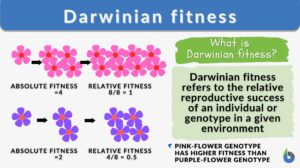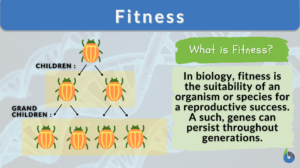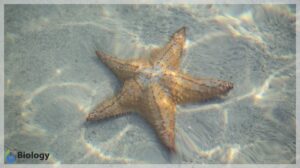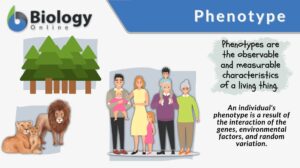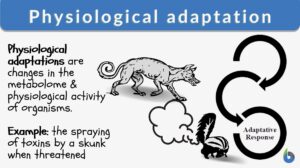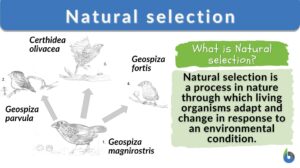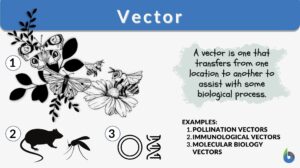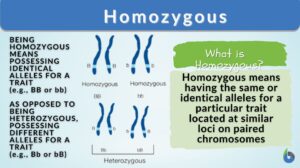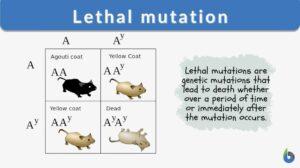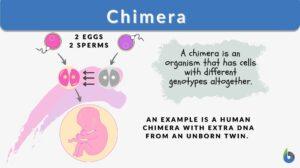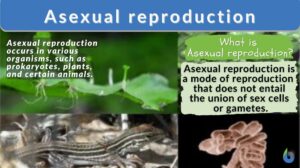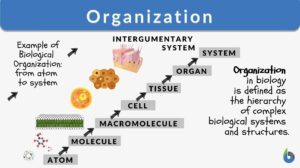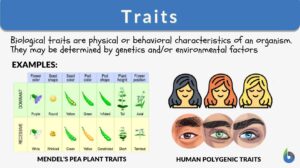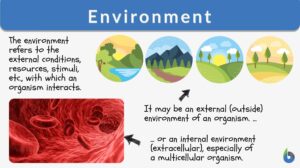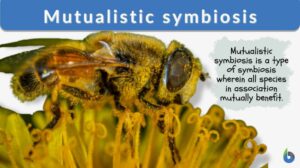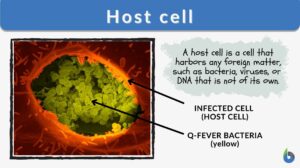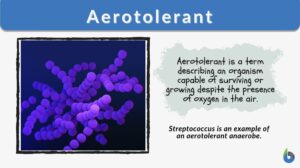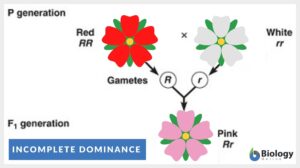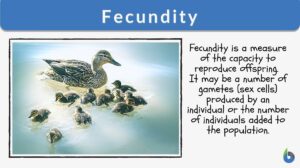Search Results for: organism
Darwinian fitness
Darwinian Fitness Definition Darwinian fitness refers to the measure of an individual organism's or genotype's reproductive... Read More
Fragmentation
Fragmentation Definition What is fragmentation? In general, fragmentation refers to the state or the process of breaking... Read More
Physiological adaptation
If we look over evolutionary history, we find that it’s neither the most genius and intelligent nor the strongest and the... Read More
Fastidious organism
Definition ‘’noun, plural: fastidious organisms‘’ An organism that has complex nutritional requirements. Usage The... Read More
Unicellular
Unicellular organisms are organisms consisting of one cell only that performs all vital functions including metabolism,... Read More
Natural selection
Natural Selection Definition What is natural selection in biology? Natural selection is defined as a process in nature... Read More
Homozygous
Homozygous Definition Diploid organisms that have a genotype of identical alleles for a trait or phenotype at a specific... Read More
Parasitism
Organisms depend on different sources of food to survive. Larger organisms like plants make their own food (autotrophs) and... Read More
Hermaphrodite
We all know that typically living organisms are divided into two main categories of sex-based on their biological structure.... Read More
Microorganism
Definition noun, plural: microorganisms An organism that is microscopic or submicroscopic, which means it is too small to... Read More
Macroorganism
Definition noun, plural: macroorganisms Any macroscopic organism. Supplement Macroorganisms are large enough to be seen by... Read More
Lethal mutation
Lethal Mutation Definition Genetic mutations come from changes in the DNA structure or sequencing in an organism. Often... Read More
Asexual reproduction
Asexual Reproduction Definition What is asexual reproduction? Asexual reproduction is a type of reproduction that does not... Read More
Characteristic
Characteristics Definition We can define characteristics as qualities or features that describe the distinctive nature or... Read More
Organization
Organization Definition The meaning of the term "organization" is very simple. It means the state wherein things are... Read More
Environment
Environment Definition What does environment mean? If you mean physical environment, then it is defined as the surrounding... Read More
Mutualistic symbiosis
Mutualistic Symbiosis Definition In order to understand what a mutualistic symbiotic relationship means, we will break down... Read More
Living things
Living Things Definition A living thing pertains to any organism or a life form that possesses or shows the characteristics... Read More
Degenerate
Degenerate means to become worse or less of its kind or former state. In biology, it means an entity performs the same... Read More
Aerotolerant
Aerotolerant Definition The term "aerotolerant" pertains to an organism that does not require oxygen for growth but can... Read More
Animal Water Regulation
Homeostatic control, a set environment, and how evolution and natural selection drives a species to adapt to its environment... Read More
Meiosis and Alternation of Generations
Review of Mitosis: Cell Cycle The cell cycle contains the process in which cells are either dividing or in between... Read More
Transgenic organisms
A transgenic organism contains a gene or genes which have been artificially inserted instead of the organism aquiring them... Read More
Imprinting
What does imprinting mean? Have you watched the TV cartoon show “Tom and Jerry” with an episode of a duck and its... Read More
BIOACCUMULATION
Bioaccumulation - a general term for the accumulation of substances, such as pesticides (ddt is an example), methylmercury,... Read More
Incomplete dominance
Incomplete Dominance Definition After Gregor Mendel discovered inheritance laws, the term ''incomplete dominance'' was... Read More
Chemotropism
Definition noun Growth or movement response of a cell or an organism to chemicals Supplement In general, tropism is an... Read More

